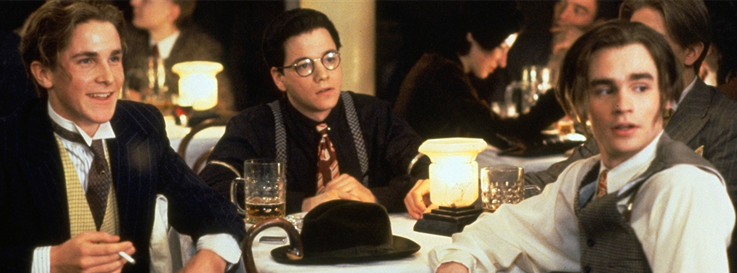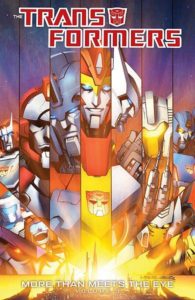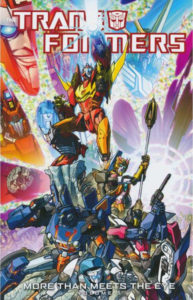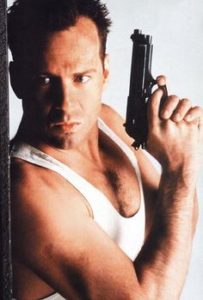“Come in, — come in! and know me better, man!” -Charles Dickens, A Christmas Carol
We’d love for you, our wonderful readers, to get to know us better. That’s why, each month, Kristin Luna will interview a member of The Fictorians. We’ll learn more about each member, such as their writing processes, their work, where they live, and what they prefer to drink on a warm summer’s day. We hope you enjoy this monthly installment of Meet the Fictorians.
Meet the Fictorians:
Emily Godhand
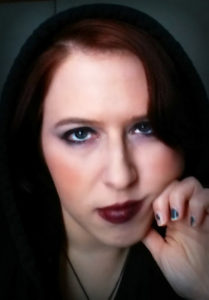
Kristin Luna (KL): Hi Emily! How are you and what are you drinking right now?
Emily Godhand (EG): I’m well, doing the same thing I do every night, Pinky. Try to take over the world.
…while sipping a hard drink, of course.
KL: You’re one of our newest Fictorians, and I thought this would be a great opportunity for our readers to get to know you. Can you tell us a little about you?
EG: Dark thriller author, former psych nurse, and rat enthusiast. I am an Ambassador for Wattpad.com, where I am the administrator for a profile of international paranormal authors called the “Ouija Board of Directors.”
KL: What inspires you the most when it comes to writing?
EG: I’d have to say music and the nightmares I’ve had for over 16 years now. Lyrics are poetry and music is poetry without words. I’m not sure I’m actually capable of expressing myself without music playing, but fortunately I always have a radio playing in my head. If you see me dancing with my eyes closed, you’re welcome to join in. As far as the nightmares, they were of course surreal, but I couldn’t die in them (because I’m me.) I started to write them down, and then re-write them, and through that I was able to become lucid and redirect the story from inside the dream.
My friends discovered my journal and kept asking, “…and then what happened?”, so I turned them into stories.
KL: You have a great presence on Wattpad. What’s your username/website? Can you tell us a little about that process?
EG: Absolutely. You can find me at https://www.wattpad.com/user/Godhand, as well as the ParanormalCommunity profile at https://www.wattpad.com/user/ParanormalCommunity.
Signing up for Wattpad is easy! All you need is a username and password of course, and then an email, Facebook, or G+ account. As far as Wattpad particulars, I’ve started a book to help new users adjust to the particulars of how to do well on Wattpad. The biggest thing to remember is that Wattpad is mostly a community of mobile readers, so, activity within the comments section will be your biggest way to interact with the community and to draw attention to your story. Wattpad’s biggest demographic is young women, and there is a robust LGBT+ and fanfiction community.
KL: Do you have any books out right now?
EG: I currently have a work in progress on Wattpad called “Fear of the Dark”, about two women who seek freedom, then revenge, on the cult that killed them. I’m also working on two projects for the ParanormalCommunity to teach the community within a frame story so that writers and readers alike can enjoy. Paranormal Academy teaches users about historical/cultural lore and common tropes and Paranormal Powers teaches about such things as ESP, Clairvoyance, Telekinesis, and other such abilities found in paranormal stories. That one I write with my friend and fellow author J.S Bennett, who also wrote a story with me that was published in “A Game of Horns: A Red Unicorn Anthology” that raised scholarship funds for aspiring writers to attend the Superstars Writing Seminar here in Colorado.
KL: Where can we read more of your writing?
EG: At this time I’m currently working on launching my website, www.emilygodhand.com, where I’ll post updates on my works in progress and links to published books. Probably some rat pictures, too.
…Yeah, that’s about guaranteed. My rats are adorable.
KL: I’m friends with you on Facebook, and I love your posts. Specifically, I love your posts about rats. Where did your love of rats come from?
EG: When I was still a psychology major, we studied rats at the lab at the main campus and I became fascinated with how much about them I had learned wrong. They were clean, intelligent, friendly creatures who just wanted to snuggle and eat snacks with their friends. They’re also incredible survivalists, who will not only persevere and thrive in the worst conditions, but care for their colony. They bring food to the infirm, they share treats, they will free a trapped buddy and defend each other.
I guess I really identified with a small, cute, cuddly creature who will sink their teeth into your flesh if you threaten them or their friends.
KL: You have a unique job, and I was wondering if you could tell us more about that and how it’s factored into your writing?
EG: I am still a nurse, and though I’ve since moved out of psychiatric work due to frustrations with the system, I use my writing to help educate and advocate about mental illness, particularly depression and PTSD, or Post-Trauma Stress Disorder. A lot of my characters will often have anxiety, depression, or PTSD due to the things they’ve experienced in the past or things experience during the course of the novel. I was frustrated with reading about heroes who were unaffected by what happened to them, because I feel that reading is a way to learn how to process, adapt, and overcome similar situations in our lives. Reading about the character’s mental process of dealing with these issues and coming out on top can be cathartic and validating to a reader (and to the writer crafting the story). It shows heroes who are afraid, and then act anyway. People who are tired and exhausted but carry on. It also humanizes people with these conditions and I hope will reduce harmful stigma and stereotypes, because it is written in their, or rather my, voice.
I currently work with individuals with physical disabilities, who, like individuals with psychiatric disabilities, I feel are another underrepresented group within literature. While my patients’ stories aren’t mine to tell, I do like to include characters with a variety of disabilities in my stories because they are people who exist in our world, and deserve to exist in worlds we craft.
KL: If you could give any writerly advice, what would you say to new writers?
EG: Writing, or any form of communication really, whether music or art or dance, is a practiced skill that is developed. If your words aren’t perfect at first, keep writing. If you hate everything that comes out, get something down anyway, because you cannot edit nothing. Write sentences where you accidentally leave out the verb because you’re so excited to get the idea out. If you get stuck on a scene or what a character says, write “TK” and come back to it. Don’t lose the momentum. Maybe you won’t feel it’s ‘good enough’ because your first draft is not the same as the edited, polished work of individuals who have worked for years on improving their skill, and that’s okay. Keep working on it.
KL: What has been your favorite Fictorians post that you’ve written so far?
EG: My favorite would have to be my two part piece on conflict. Part One, Perceiving A Threat covered the ways that different people from different backgrounds might perceive, or not perceive, a threat. Part 2, Reacting to the Threat, described the different ways someone of different upbringings and experiences might react differently.
Within our culture and within writing, I feel there is not enough understanding of what constitutes violence and the various and valid ways that people perceive and react to it. The social, cultural, and situational things that influence how we might act or react should be reflected in the stories we tell, because they are our stories, and how we communicate with each other. What we learn from stories influences how we perceive ourselves and contributes to the lens through which we read our experiences, past and future.
***
If you have any questions for Emily, please leave a comment below. Thank you for reading!
 I live in Arizona with my family, wife and five kids and a little dog. I write fiction, thrillers and soft sci-fi with a little short horror on the side. I’ve got an MBA and work in finance for a biotechnology firm.
I live in Arizona with my family, wife and five kids and a little dog. I write fiction, thrillers and soft sci-fi with a little short horror on the side. I’ve got an MBA and work in finance for a biotechnology firm.
